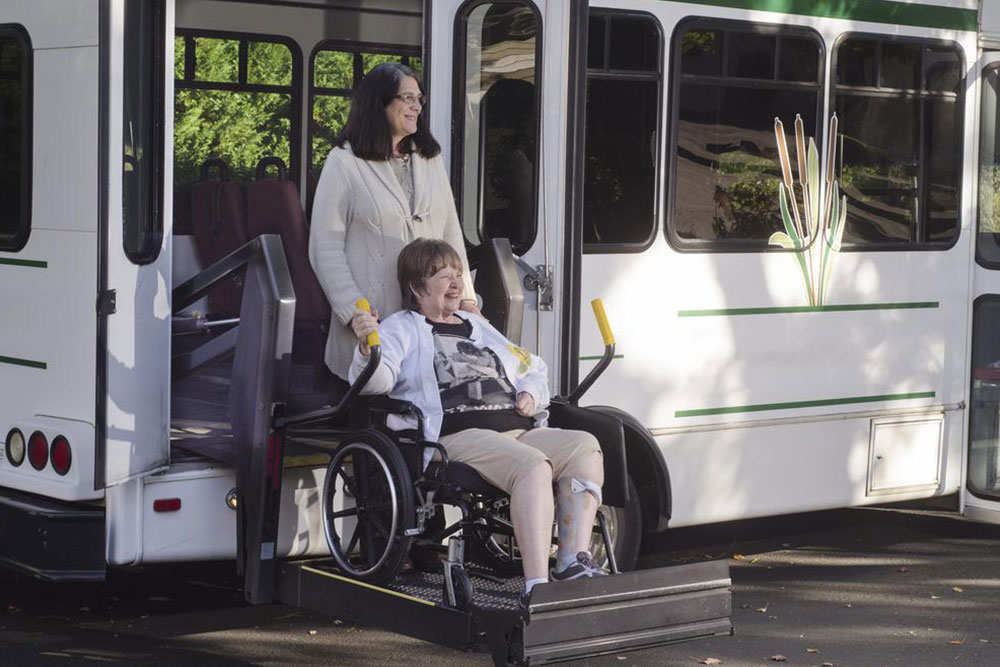Transformative Trends Reshaping the Modern Automotive Retail Industry
The automotive retail industry is rapidly evolving with innovations like high-tech showrooms, digital customization, and direct-to-consumer models. Traditional dealership roles are transforming to meet the demands of modern consumers seeking immersive and convenient car-buying experiences. This article explores how brands such as Audi, Mercedes-Benz, and Tesla are leading the way in creating a customer-centric retail environment, blending digital technology with physical showrooms, and redefining automotive sales for the future.

Transformative Trends Reshaping the Modern Automotive Retail Industry
Over the past decade, the automotive retail industry has undergone significant transformation driven by technological advancements, evolving consumer preferences, and innovative sales strategies. Automakers are increasingly shifting away from traditional dealership models and embracing new approaches that prioritize customer experience, digital engagement, and brand differentiation. This shift is creating a new landscape in auto sales, characterized by high-tech showrooms, digital customization tools, and unique retail concepts that appeal to modern buyers.
Historically, car manufacturers relied heavily on a franchised dealership network to sell their vehicles, with uniform standards across locations to maintain brand consistency. However, the landscape is now changing as brands recognize the importance of creating immersive and interactive experiences for their customers. Many leading automakers have started to establish specialized showrooms designed to elevate the buying process through technology integration and personalized services.
For example, luxury brand Audi has pioneered the use of innovative showroom designs featuring advanced digital screens. These high-tech environments allow customers to customize vehicles interactively, explore different configurations, and even take virtual test drives from the comfort of the showroom. Such experiential retailing not only enhances customer engagement but also streamlines the decision-making process, making it more appealing to tech-savvy buyers.
Similarly, Mercedes-Benz has launched city-center concept stores in select urban locations. These stores are designed to function as brand hubs that offer personalized consultations, immersive product displays, and seamless online-to-offline experiences. They serve as convenient access points for urban consumers who seek luxury vehicles without the need for traditional large dealership facilities.
These innovative approaches are not limited to luxury brands. Tesla, as a pioneer in electric vehicles, has challenged conventional dealership models by creating direct-to-consumer sales channels. Tesla's city galleries—smaller, showroom-like spaces—are strategically located in city centers, allowing customers to view vehicles, learn about features, and place orders online without navigating through traditional dealership visits. This direct-sales model reduces costs and enhances the customer experience by offering transparency and convenience.
In the United States, franchise laws impose restrictions on direct vehicle sales by automakers, requiring that transactions occur through authorized dealerships. These dealerships play a crucial role in the automotive retail ecosystem, employing trained professionals—often called product specialists—who guide customers through their purchase journey. These experts provide detailed explanations of vehicle features, showcase technology, and help customers understand different options, thus building trust and loyalty. Customers benefit from test drives, in-depth consultations, and personalized services that ensure they make informed purchasing decisions.
The evolving retail landscape also emphasizes digital integration. Virtual showrooms, online configuration tools, and augmented reality experiences are increasingly prevalent, allowing consumers to browse, customize, and explore vehicles remotely. This digital immersion caters to the modern consumer's desire for convenience and personalized experiences, often serving as a precursor to physically visiting a dealership or completing the entire purchase online.
Moreover, brands are investing in creating seamless integration between online and offline channels. For instance, customers may start their research online and then visit a local dealership for a test drive or final decision, enjoying a consistent brand experience across touchpoints. The adoption of contactless transactions and e-commerce platforms further accelerates this shift, especially in response to recent global events that have heightened the importance of digital channels.
In conclusion, the automotive retail industry is experiencing a profound transformation characterized by innovative showroom concepts, digital engagement, and customer-centric services. These changes are driven by the need to meet the demands of a new generation of buyers who value convenience, personalization, and immersive experiences. As automakers continue to explore and adopt these innovative strategies, the landscape will further evolve, blurring the lines between traditional dealership experiences and digital retailing. This ongoing evolution promises to enhance customer satisfaction, increase sales efficiency, and reinforce brand loyalty for automakers in a competitive global market.





